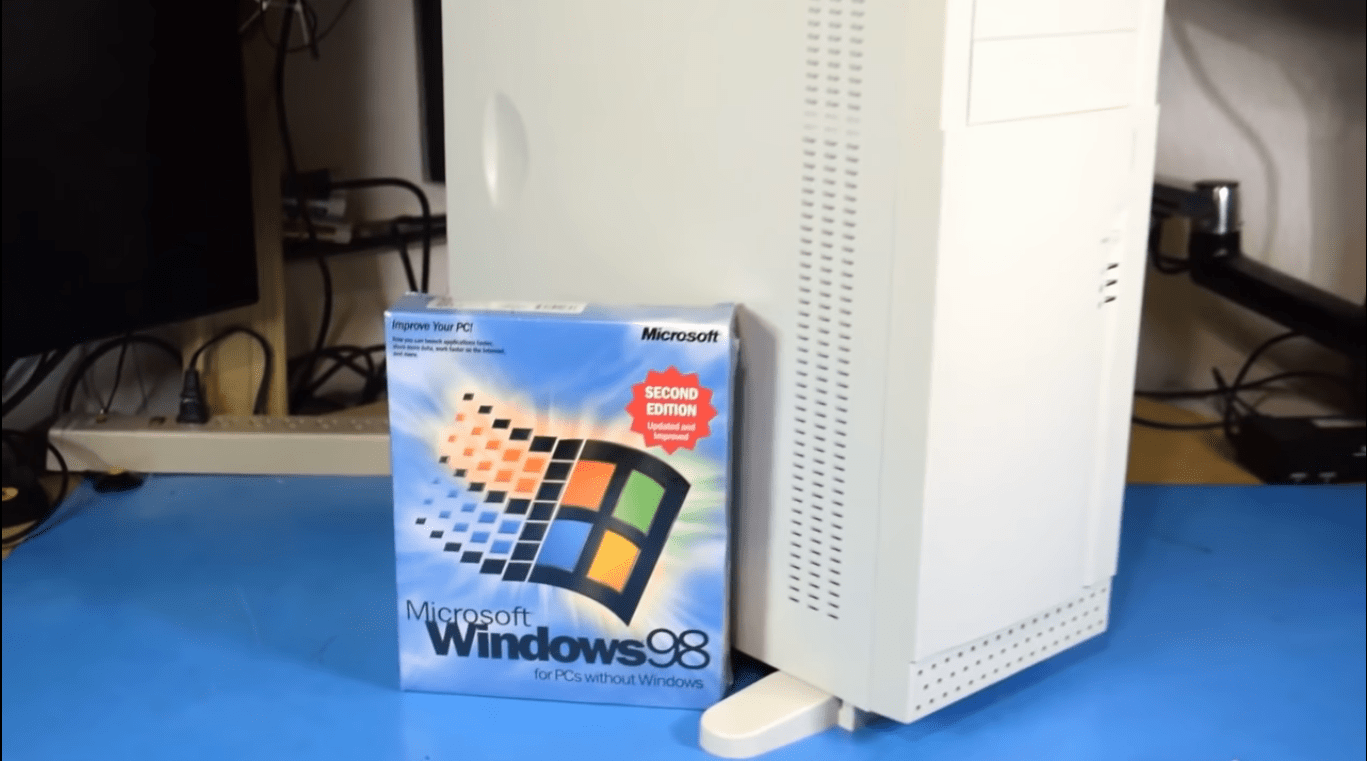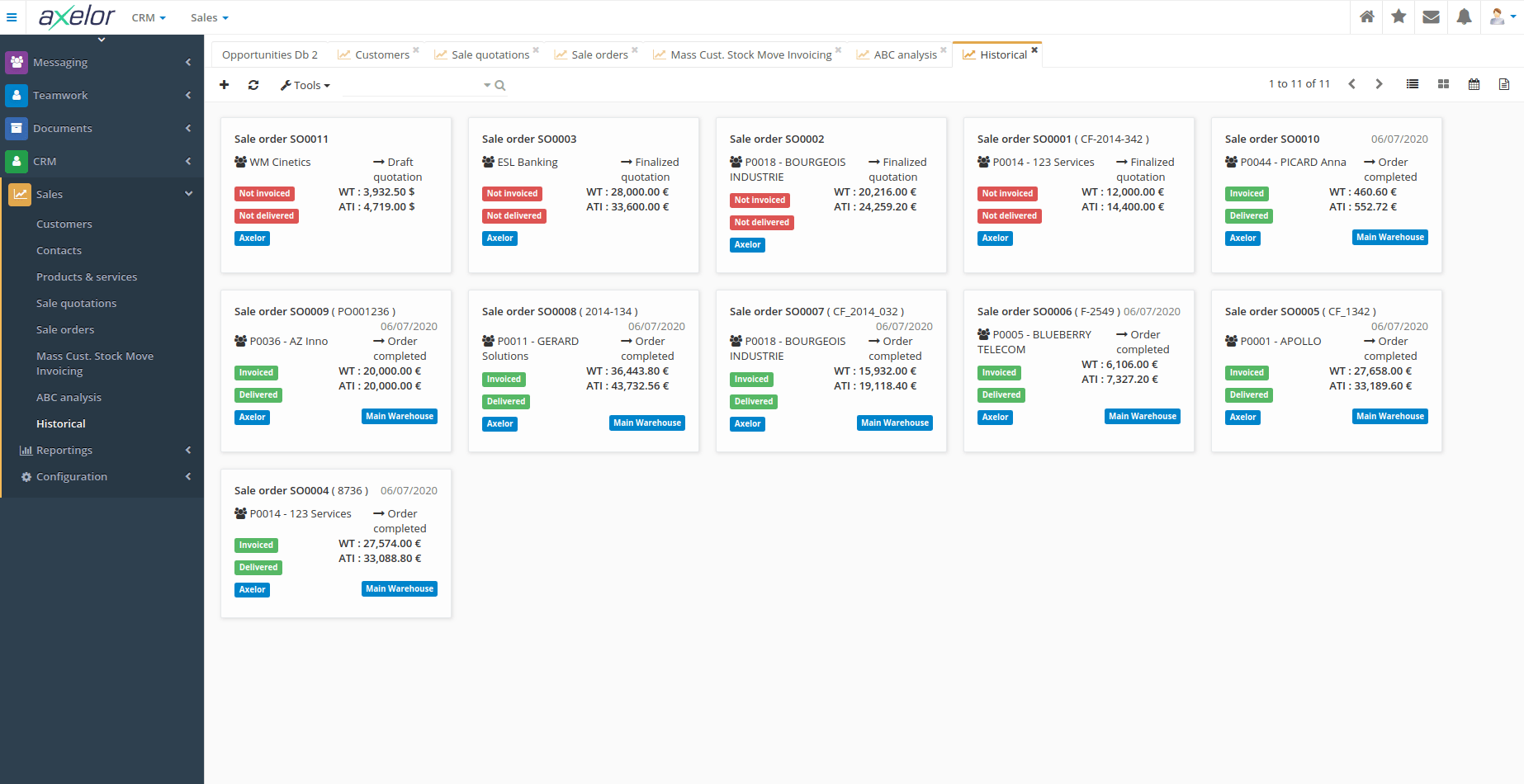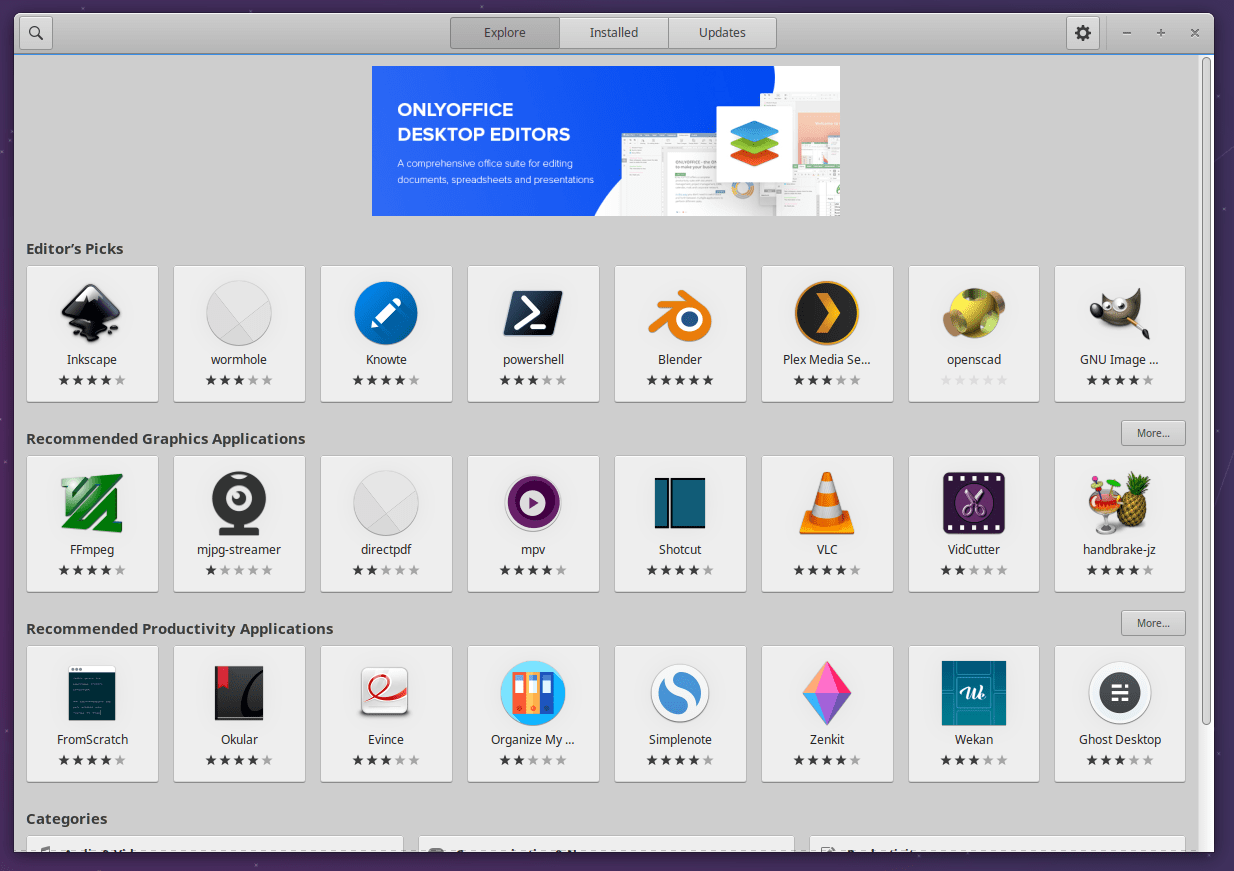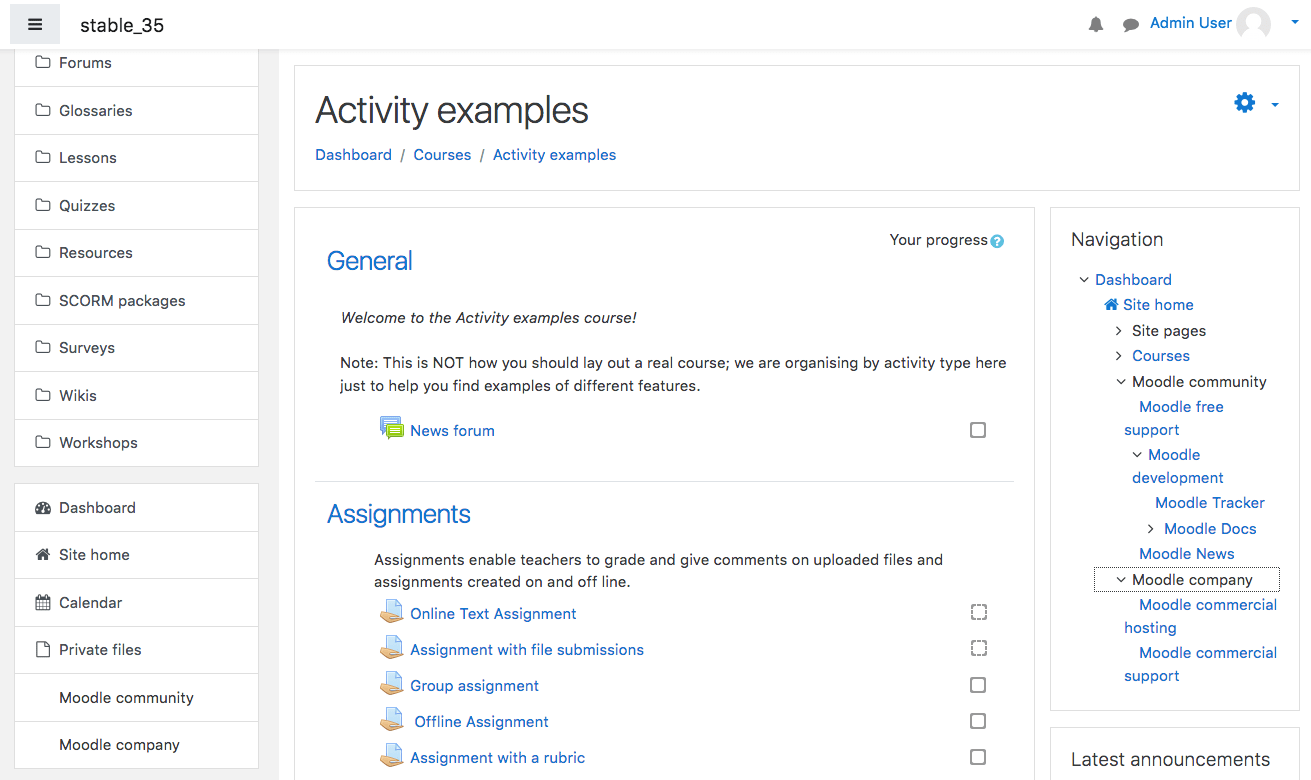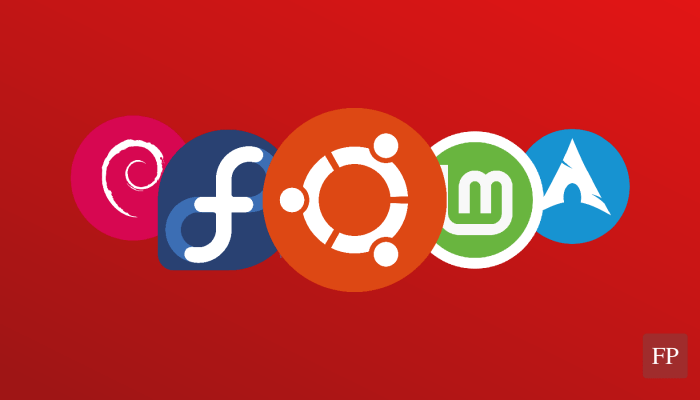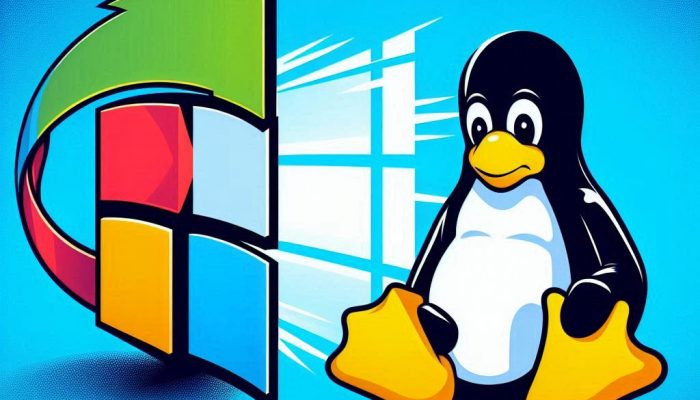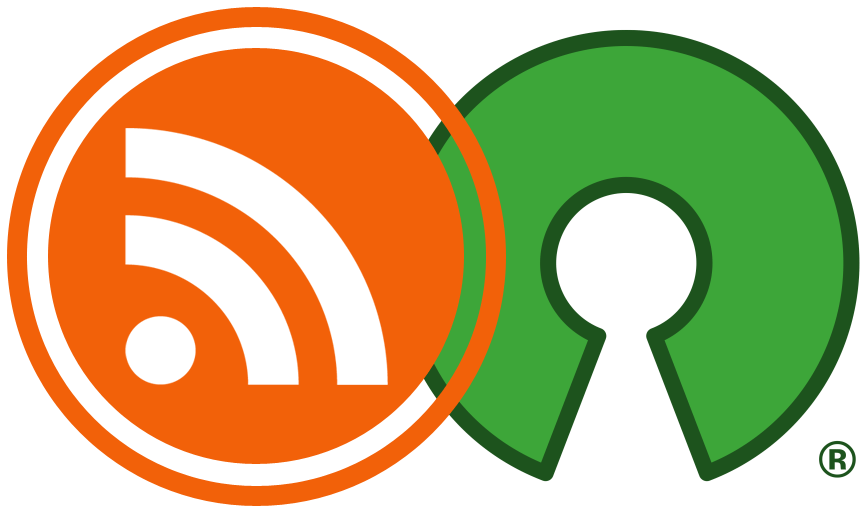She starts the day by opening her Ubuntu-powered laptop, she had an assignment to finish last night, which she did using LibreOffice. Today, there’s a virtual classroom with the teacher, where everyone will be able to easily communicate together using Jitsi, just inside their Firefox web browser. Some educational materials are needed, of course, which she can easily grab from the university’s central LMS (Learning management system), powered by Moodle; A fully free and open source software.
Fatma, like many university students in her country and also like most students of the world in the age of Coronavirus, found the transition to a more digitalized education very accessible and very hassle-free, thanks to the efforts of open source developers which had been accumulating over each other for the past few decades.
Similar cases like these are overwhelming; Developers and CS students are able to use free compilers like GCC to build their software. They are able to use languages like Python and its huge module library – which most of it, if not all, is open source – to build everything they want. Webmasters and SMBs owners are using WordPress, Drupal and Joomla to build their online presence. Remote teams are using tools like NextCloud, RocketChat, OpenProject and others to run the operations of their companies. Companies which are also using open source ERP systems like Odoo, Axelor and others to manage their digital resources.
The open source movement has tons of achievements it can be proud of, but one of the most remarkable one of these, which we are watching right now, is how successful the movement was in fulfilling the software demands after Coronavirus.
Notice that most sectors never needed to start the development of a new open source solution right after the pandemic to fulfill the new demands. The EU didn’t need to spend few millions of Euros on developing an LMS like Moodle so that its universities can use it, and the USA didn’t have to invest in developing OS platforms Red Hat to be able to fulfill the needs of enterprise infrastructure… Everything was already ready, already in-place, just waiting for users to install and use.
One can just imagine how much time would’ve been needed to develop something like LibreOffice from scratch starting from the beginning of this year so that it can become a good alternative to Microsoft Office. Imagine we had no other option but to buy Microsoft Office? It would have been a harsh reality for most users, but much harsher and heavier on schools, universities and governments which will have to pay for software licenses.
Software licensing is a very active and costly sector in most modern countries around the world. Governments have been known to historically spend hundreds of millions of dollars each year just to provide a basic operating system with an office suite for their local users. But open source software have reduced the need for that, for the better.
Sadly, most users of these software rarely feel how blessed they are to live in an age where such transformation is very accessible and possible without having to deal with cost, time and effort constraints.
Things in 1990s and also the 2000s for example would’ve been very much different where open source software (Or free software, with free as in freedom) were very limited and rarely existed. And God-forbid imagine how our situation would’ve been with proprietary software all over the world, each requesting a license for everything, with no alternatives to use. All of this on the top of the pandemic to deal with.
Imagine a world without Linux, Firefox, VLC, LibreOffice, Moodle, WordPress, GIMP, Odoo and all the open source software which we are enjoying right now. A world where you’ll have to deal with Windows, Microsoft Office, Outlook, Internet Explorer, Winamp, Visual Studio, RealPlayer, Norton/Bitdefender/McAfee anti-virus… And all the other utilities and software which we no longer remember.
It might sound horrible for users, but it would’ve been even more disastrous for governments which would have had to develop the open source DevOps tools and other infrastructure software in order to keep universities/schools/hospitals/government branches and other core vital systems operational and functional. All from scratch, by their own, and in a very limited time in order to save lives of those affected by the pandemic.
This should motivate user communities and governments to invest further in open source ecosystem, as it demonstrated a successful lead in solving the issues and problems of computing, even these which we weren’t in need of solving at that time. Everyone who contributed to an open source software or pushed it further should receive a well-acknowledged “thank you” from everyone enjoying these software during the pandemic without having to worry about further alternatives development.
It is also more important to users to be thankful for open source software developers via:
- If you were requesting a new feature or sending a bug report to the project’s internal platform, then try to be polite and kind to the developers.
- If you can, donate to the open source projects you use the most on daily basis.
- Spread the word about the open source software you use, how it was able to fulfill your use case and why other people should join the train too.
- Try joining the projects you like according to your abilities; If you were a designer, then contribute some design materials for them. If you knew how to code, then code. If you knew how to make video tutorials and articles to explain the software, then that’s your part.
Open source software no longer represent a marginal movement in computing, and dependence on them is inevitable. Let’s try to push the wheel further by remembering how blessed we are to have this movement, and what we can do in the future to keep it moving.
With a B.Sc and M.Sc in Computer Science & Engineering, Hanny brings more than a decade of experience with Linux and open-source software. He has developed Linux distributions, desktop programs, web applications and much more. All of which attracted tens of thousands of users over many years. He additionally maintains other open-source related platforms to promote it in his local communities.
Hanny is the founder of FOSS Post.
